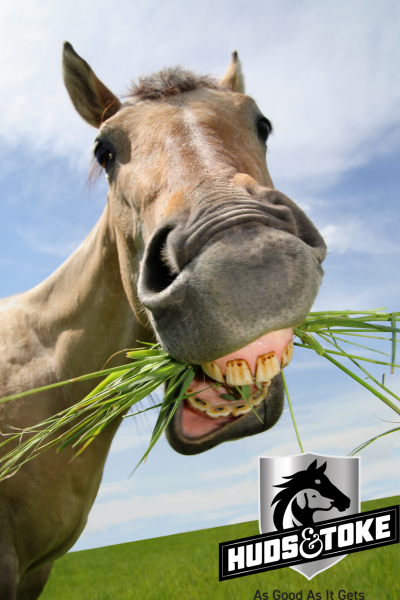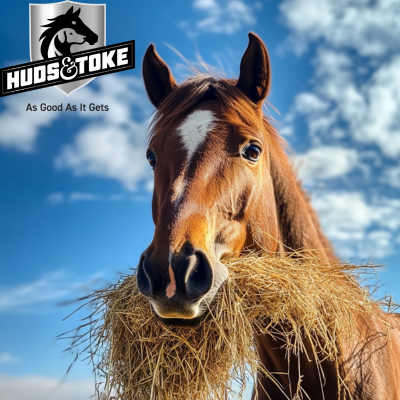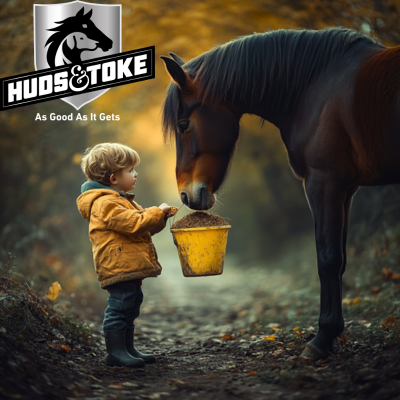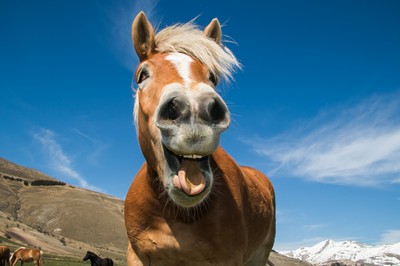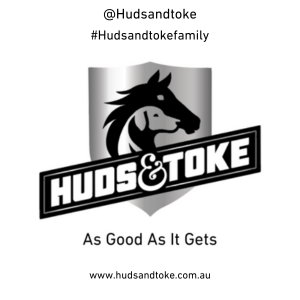1st Oct 2024
Horse Feeding Mistakes
Horse nutrition plays a crucial role in equestrian and dressage performance.
As a pony club member, or equine enthusiast, understanding common feeding mistakes can help you optimize your horse's health and performance. Here are 6 main mistakes horse owners often make when feeding their equine partners:
1. Overfeeding Grain and Concentrates
Many horse owners mistakenly believe that more grain equals better performance. However, overfeeding grain can lead to serious health issues.
Horses are naturally designed to consume forage, and their digestive systems function best when their diet consists primarily of grass or hay.
Consequences of overfeeding grain:
- Increased risk of colic
- Higher likelihood of developing laminitis
- Potential for behavioural issues due to excess energy
Solution: Focus on providing high-quality forage as the foundation of your horse's diet. Only add concentrates when necessary to meet energy requirements for performance or to address specific nutritional deficiencies.
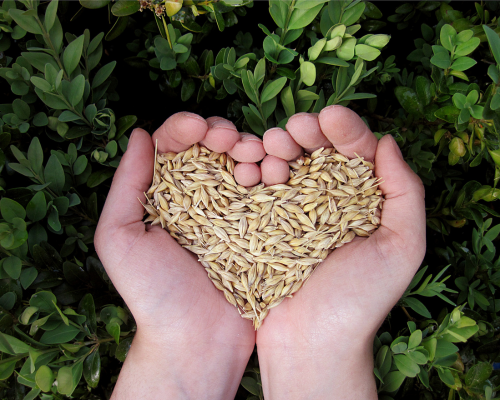
2. Inadequate Forage Intake
Horses are grazing animals that require a constant supply of forage for optimal digestive health and mental well-being.
Many owners underestimate the importance of providing sufficient hay or pasture access.
Recommended forage intake:
Minimum: 1% of body weight daily in dry forage
Ideal: 1.5% to 2.5% of body weight daily in dry forage
3. Inconsistent Feeding Schedule
Horses thrive on routine, and irregular feeding times can lead to stress and digestive issues. Inconsistent schedules may cause:
- Development of stable vices (e.g., cribbing, weaving)
- Increased risk of gastric ulcers
- Potential for digestive upset if a hungry horse bolts its feed
Best practice:
Establish a consistent feeding schedule, providing meals at approximately the same times each day.
If possible, offer forage continuously throughout the day to mimic natural grazing behaviour.
3. Not Training Your Horse to Have Manners
This sounds crazy doesn't it?
However, if you want your horse to get into a habit where it is not knocking you, or whomever the person feeding you pony, over, and being calm around it's food, then you need to spend some time training your horse.
You need to create a habit through training of being calm, relaxed and sensible. Otherwise you risk it knocking it's food over and wasting it, or worse, knocking you over in the rush to get to the food.
Further to this, if your horse approaches it's food in a calm manner, it is more likely to eat in a calm manner and not eat too quickly.
How do you do this?
Firstly you must spend time doing some ground work, or basic training, to teach it how you want it to behave around food.
This is done by using Horse Training Treats in conjunction with hand gestures and body language to teach it to slow down, to eat when you allow it to, keep it's distance until you are ready; not to turn it's rump towards you or nip at you or the feed bucket, to name a few.
Use these Horse Treats as a reward for it's behaviour.
Secondly, you use need to re-enforce the new habit and skills you are teaching with Horse Treats. This needs to be repeated every time you feed until you have created the habit.
Of course, the Training Treats you use should be all natural because you are about to feed your horse anyway. You don't want your pony to fill up on these food rewards.... Luckily, the range of Huds and Toke horse treats have these type of treats perfect for training this type of behaviour.
The aim, is to have a pony with such good manners that it's safe for anyone, of any age, to feed them..... as well as your horse to not waste it's feed by being silly and knocking it over because it is in a rush.
Plus, the advantage is you get to have fun spending time with your pony creating an amazing bond and learning about each others personalities.
4. Overuse of Supplements
While supplements can be beneficial, many horse owners fall into the trap of over-supplementation. This can lead to:
- Nutrient imbalances
- Wasted money on unnecessary products
- Potential toxicity from excessive intake of certain minerals (e.g., selenium)
Solution:
Evaluate your horse's entire diet, including forage and concentrates, before adding supplements.
Consult with an equine nutritionist to determine if supplements are necessary and to ensure proper dosing.
5. Neglecting Water Quality and Availability
Clean, fresh water is essential for your horse's health and performance. Common mistakes include:
- Not providing enough water, especially during hot weather or intense exercise
- Offering only very cold water in winter, which can discourage drinking
- Failing to clean water troughs regularly

Best practices:
Ensure constant access to clean water
In winter, consider using trough heaters or adding warm water to encourage drinking
Clean and refill water containers regularly.
6. Overestimating how much work your horse does.
Our domestic horses are descendants of wild equines that roamed vast distances daily in search of food and water. These prehistoric predecessors covered an impressive 30 to 50 Km per day to meet their basic needs.
Fast forward to today, and it's clear that our beloved stable-dwellers are getting significantly less exercise than their ancestors regardless of the sport of your choosing.
To ensure your equine partner stays in top form for your equestrian pursuits, consider these actionable steps:
- Accurately Assess Activity Level: Most horses fall into the light or moderate work category.
- Match Feed to Activity: Adjust your horse's ration based on their true activity level and individual metabolism.
- Monitor Body Condition: Aim for a body condition score between 4 and 6, making feed adjustments as necessary.
- Ensure access to clean water.
- Prioritize Forage Quality: If a horse is no longer performing well on feed, evaluate both the quality and quantity of your forage source first.
By avoiding these common feeding mistakes, you can help ensure your equine partner stays healthy, performs at their best, and enjoys a long, successful career in equestrian sports and as your companion.
Remember that each horse is an individual, and consulting with your veterinarian or an equine nutritionist can help you develop the optimal feeding program for your horse's specific needs.
Enjoy your ponies, and create some amazing memories with your Huds and Toke Horse Treats. They are As Good As It Gets....


